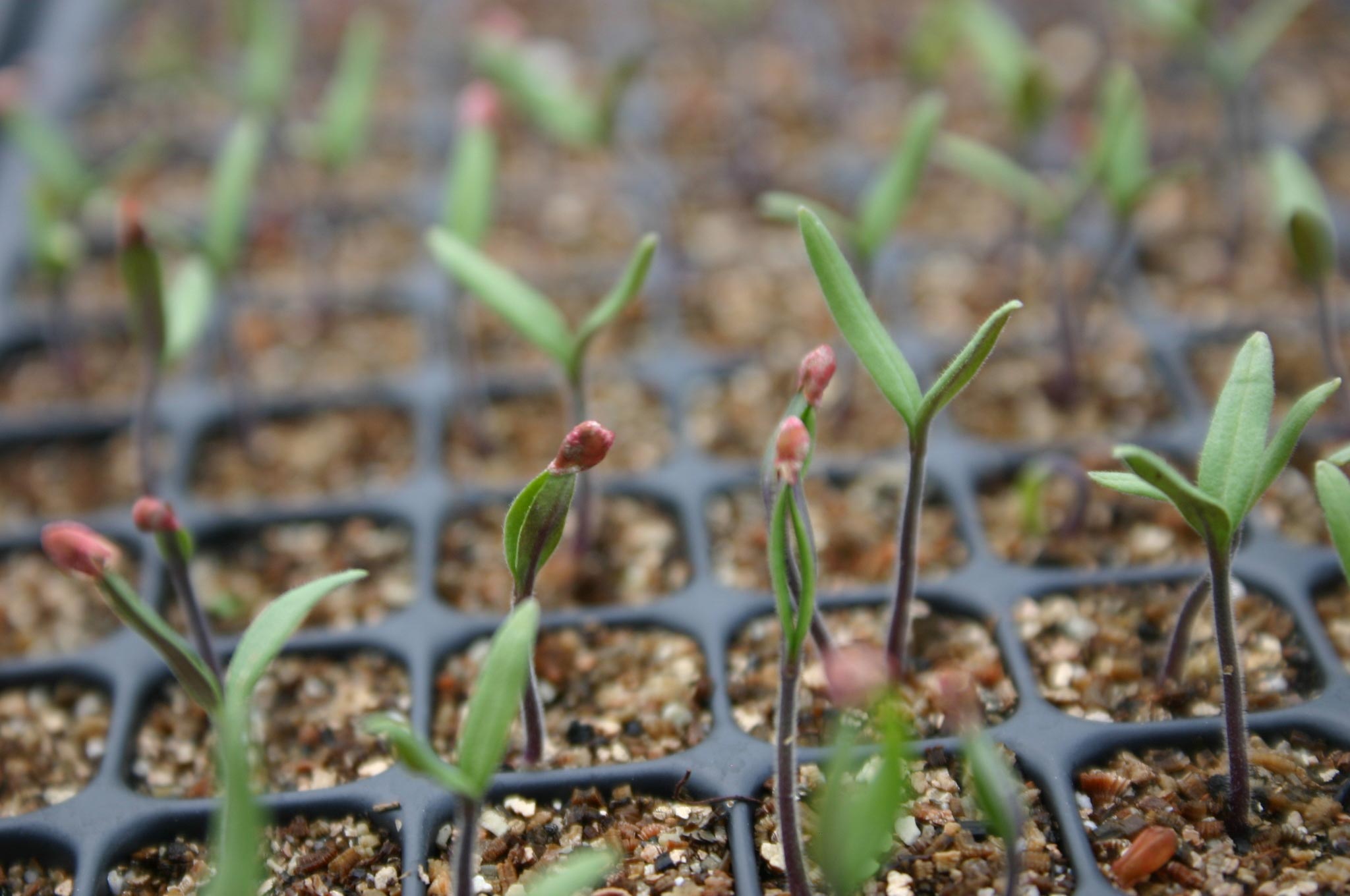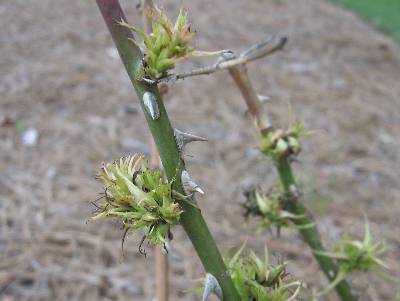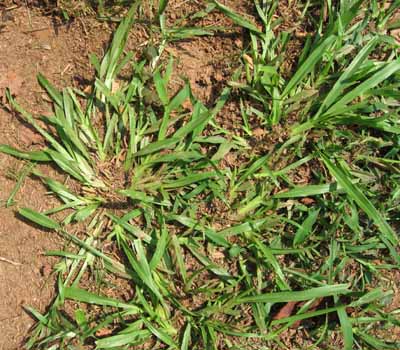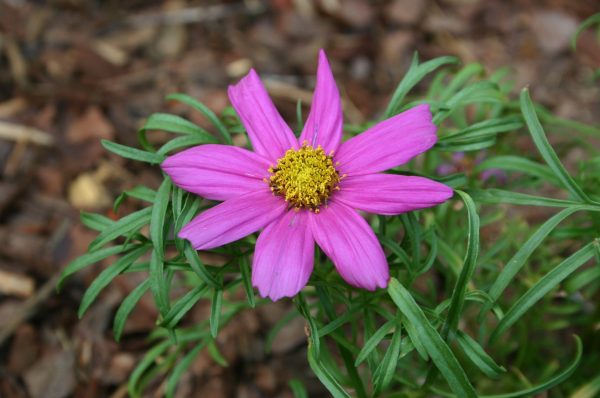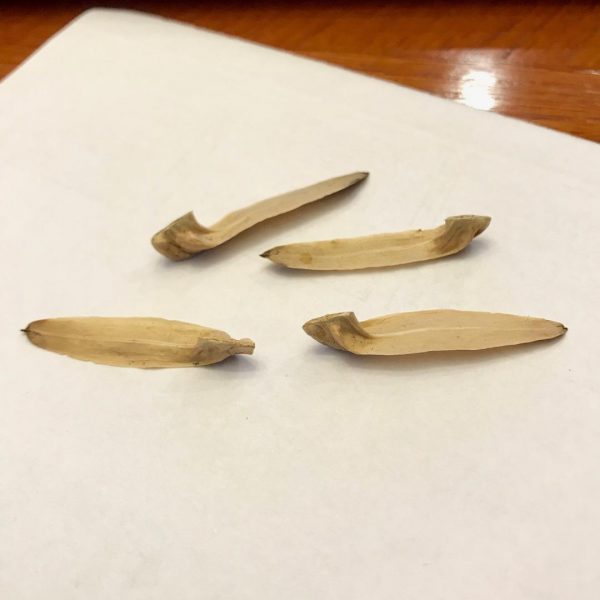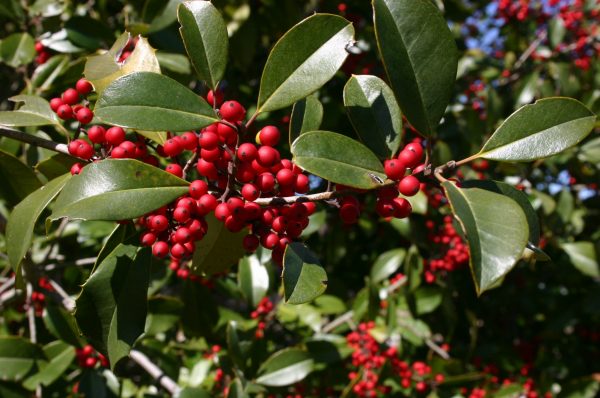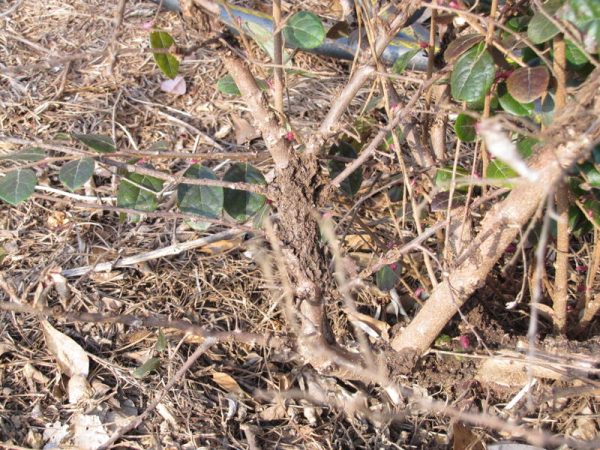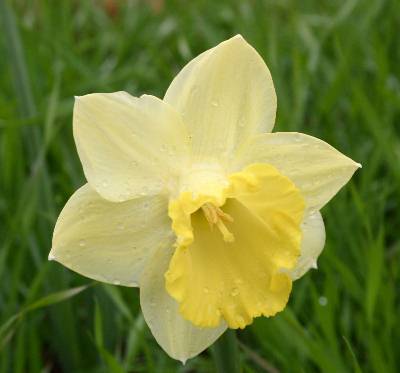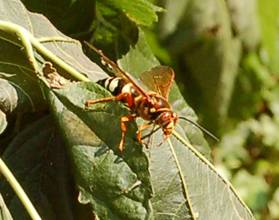Microgreens – Growing
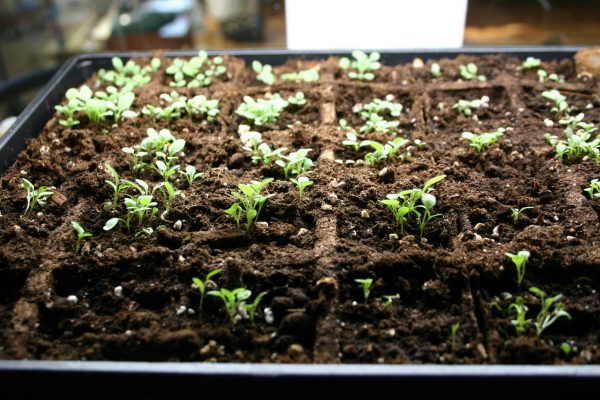
What a great indoor spring project: grow microgreens as we wait for spring to arrive. These are seeds of different types of plants that we sprout indoors to add to salads, sandwiches, and what we cook to give us fresh-picked flavor to meals. Most of these seeds will sprout in just 10 to 20 days . Growing them yourself will cut the cost in half or more compared to buying them at a food store .
Microgreens are grown in soil, so use a good quality soil as they are sterilized and contain nutrients to help stimulate better germination, and quicker growth. Use a clean seed tray like the plastic 11 inch by 22 inch trays available at your local garden center. They are reusable when washed with a bit of bleach and water. Fill the seed tray with about 3 inches of soil and you’re ready to go. Scatter the seeds evenly on the soil and firm in place with your palm. Cover the seeds with ¼ inch of soil and water lightly. Keep seed tray in a warm place until they begin to sprout. Until they sprout the location does not need any sunlight, once they begin to sprout place in a south facing window. Water as needed but do not fertilize as they will be picked when only 2 to 3 inches tall.
When the micro greens reach 2 to 3 inches tall, cut the plant right at the soil line, wash the foliage and if you have a salad spinner, spin the excess water from the foliage. Stored in a plastic bag in the vegetable crisper in the refrigerator, these greens will keep for 5 days or more. You can also pick as needed from the seed flat without refrigeration. These greens are great to mix in salads for their unique taste and flavors. What you are eating is the stems and foliage of the seedlings. When finished dump the used soil in a container to use later in your window boxes or containers outside. Clean the micro greens container with 1 gallon of water to a couple drops of bleach.
Suggested microgreens seed (click for sources) you can use for microgreens: arugula, mustard, cress, pac choi, radishes, scallions, kohlrabi, cabbage, beets, and Swiss chard.


